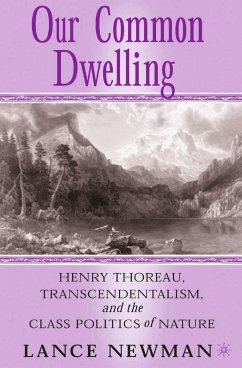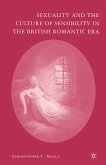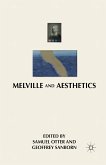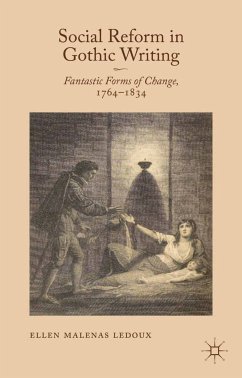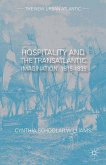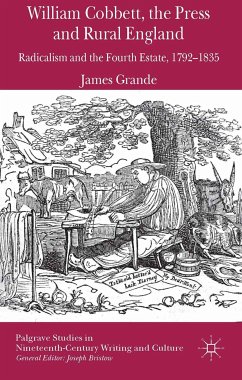Dieser Download kann aus rechtlichen Gründen nur mit Rechnungsadresse in A, B, BG, CY, CZ, D, DK, EW, E, FIN, F, GR, HR, H, IRL, I, LT, L, LR, M, NL, PL, P, R, S, SLO, SK ausgeliefert werden.
"In a style at once meticulous and dramatic, Lance Newman situates American literary Romanticism in the context of working-class radicalism, political and social reform, and incipient environmentalism. By exhorting readers to pay attention to the material conditions that determine the creation of literature, Newman provides an elaborate cautionary demonstration for scholars - and, in particular, for ecocritics - who tend to extract art from history. This illuminating study explores, in essence, the intellectual roots of the social movements known today as environmental justice and liberation ecology." - Scott Slovic, author of Seeking Awareness in American Nature Writing
"Newman invites us to rethink everything we thought we knew about Thoreau and Transcendentalism. What's at stake here is nothing less than our own future, for as Newman argues eloquently, we cannot improve our relationship with nature until we turn away from the "politics of nostalgia" and reconnect, like Thoreau and the Transcendentalists, with democratic radicalism. Urgent, powerful, thoughtful, clear-sighted: this is engaged criticism at its finest. Anyone interested in Thoreau, ecocriticism, or environmental justice will find here both provocation and hope." - Laura Walls, University of South Carolina
"Lance Newman's Our Common Dwelling is an ambitious and substantial reinterpretation of 19th century New England literature that will be of wide interest both to literature-and-environment studies and to students of American literature and culture in general. This book confirms what Newman's recent essays have shown: that he is one of the most penetrating and forceful voices among the new wave of American ecocritics." - Lawrence Buell, author of The Environmental Imagination and Writing for an Endangered World

